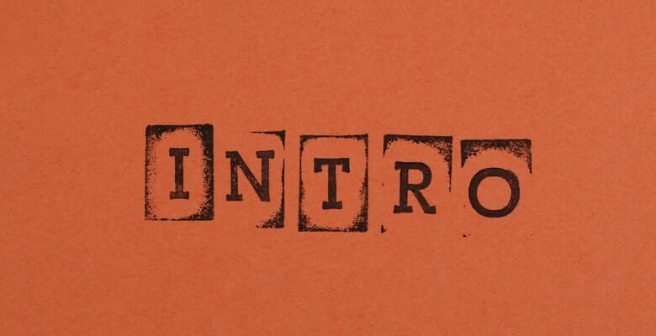Bio
Marketing assignment help(https://myassignmenthelp.expert/marketing-assignment-help.html)
Subject Matter Expertise
This user is yet to add their areas of subject matter expertise.
Marketing assignment help(https://myassignmenthelp.expert/marketing-assignment-help.html)
This user is yet to add their areas of subject matter expertise.
BPharm, Reproductive Health/Ethnopharmacology Research Group.
Discover how AI detection tools assess academic writing and how authors can reduce detection risks without compromising research quality.

Jan 16, 2026
As the current academic year begins to wind down, advance planning begins everywhere for the new academic year. Yes, it is a time for planning, strategy, collaboration and embracing new directions. Research institutions around the world start to gear up to ensure that laboratories are ready to support high-quality science and innovation. Gaps in equipment, […]

Jan 15, 2026
Writing a strong introduction for your research paper can leave a lasting impression on your readers! Starting to write a paper can be quite challenging, especially if you are an early-career researcher. This video will make the process simple and structured. Dr. Raffaella Gozzelino (NOVA Medical School, Lisbon) explains how to craft an engaging, structured, and powerful introduction that captures your reader’s attention and convinces journal editors that […]

Jan 13, 2026
Discover three proven techniques for effective scientific storytelling. This article explains how to structure, connect, and communicate research with impact.

Jan 12, 2026
BPharm, Reproductive Health/Ethnopharmacology Research Group.
Full disclosure: Editage Insights is a product of Editage, a global provider of world-class scientific communication solutions. Editage Insights is funded by Editage and endorses services provided by Editage but is editorially independent. English Editing - Editage.com | 英文校正 – Editage.jp | 원어민영문교정 – Editage.co.kr | SCI英文论文发表 – Editage.cn | publicação de artigos – Editage.com.br | 編輯英文 – Editage.com.tw